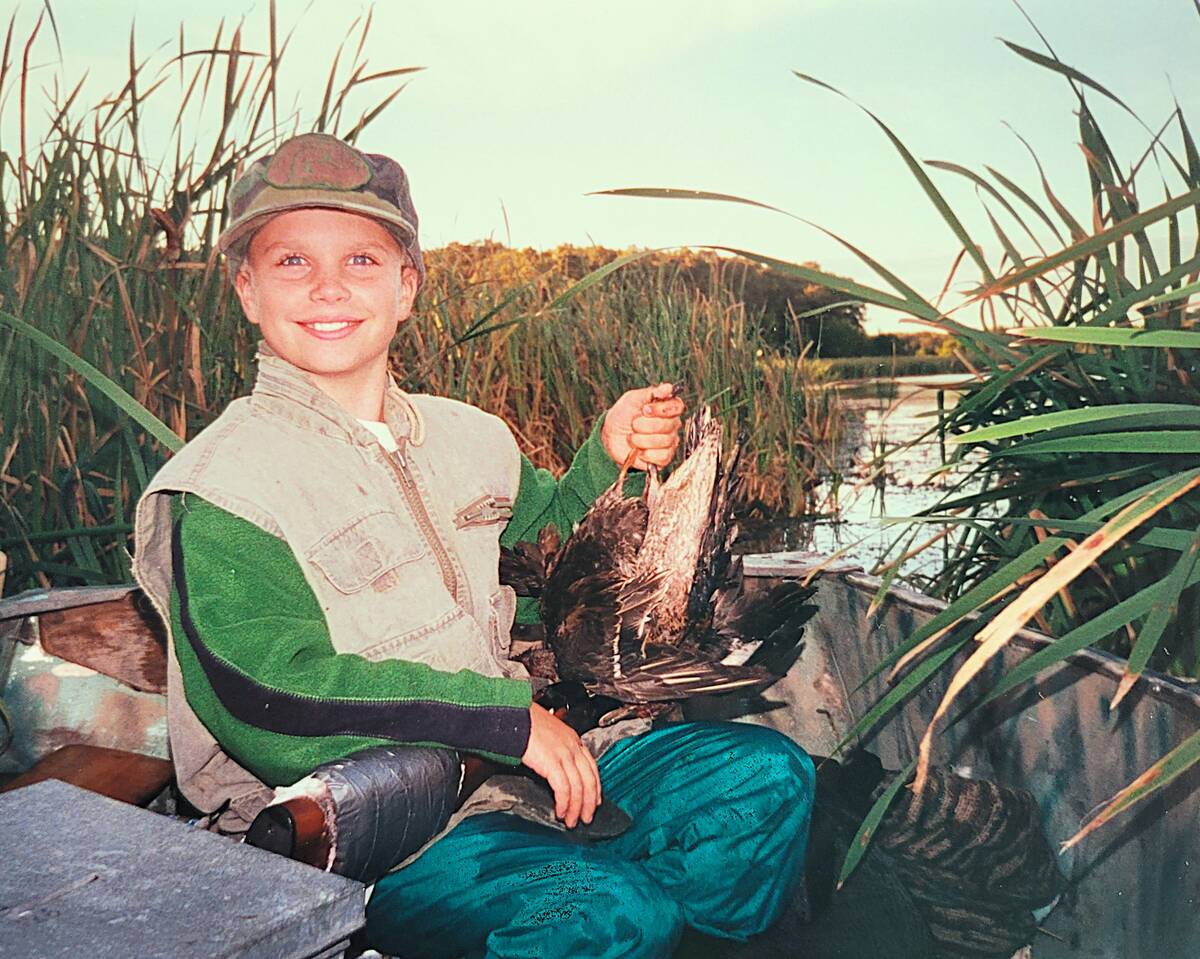A year into the Manitoba Farmer Wellness Program, organizers remain frustrated with lack of awareness about their initiative.
“We’re trying to figure out how we can build further awareness,” board member Gerry Friesen told attendees at the Keystone Agricultural Producers meeting Jan. 24.
“There’s a whole pile of farmers and their families out there that are experiencing stress, and so we need to make sure that absolutely everyone is aware of this program.”
Read Also

Should you teach your kids to hunt?
Teaching young people to hunt is an important rural tradition in Western Canada and teaches responsibility and love of nature, columnist Tim Sopuck writes.
Friesen was on a panel with program board members Roberta Galbraith and Dr. Brianna Hagen that discussed farmers’ mental health with KAP members.
The wellness program launched in January 2022, but its roots can be traced to a 2016 University of Guelph survey that showed Canadian farmers had significantly higher levels of chronic stress, depression, anxiety, and burnout than the general population.
“They were significantly less likely to seek help for their mental health struggles, and they were dying by suicide,” said Hagen, who is the CEO and lead scientist with the Canadian Centre for Agricultural Wellbeing. “So obviously, that is extremely concerning.”
Why it matters
Agriculture is a stressful profession and many farmers are at risk.
In her role at centre, Hagen and her colleagues explored the reasons farmers weren’t seeking help. One of the major contributors was stigma.
“They thought if they did seek help, their neighbour would notice, or that their bank lender would notice and then not want to lend the money,” she said. “Or if their family members knew, their dad might not want them to take over the farm.”
The university did a follow-up survey in 2021, and found the problem was beginning to look worse than they initially thought.
“We found that farmers are experiencing suicidal ideation significantly more than the general Canadian population,” said Hagen. The survey went deeper into the suicide angle and found that one in four farmers admitted to contemplating suicide.
While the statistics may be shocking, it’s not difficult to understand how stress can overwhelm people who work on farms.
Galbraith pointed to last spring, when excessive moisture forced many farmers to delay seeding as insurance deadlines loomed.
“If you were a grain farmer in western Manitoba, you saw that clock ticking through the month of May, and that caused anxiety, at least on our farm,” said Galbraith.
When fields could finally be accessed, things went from zero to sixty in no time.
“It was 24/7 for as many days as it took to get the crop in the ground,” Galbraith said, noting the fatigue and stress it induced in her husband, son and a hired hand.
“That was causing me anxiety because I’m the one who’s trying to pick up the pieces.”
She likened her own thoughts to a hamster running on a wheel.
“Unless you can stop that hamster from running, pause and take a moment, it will just keep running.”
Friesen told his own story about struggles with mental health.
“I was diagnosed with anxiety and depression back in 2004 and went on medication,” he said.
But in 2005, things improved and he stopped taking the medications he was prescribed.
“Then a life event pushed me very close to the abyss again,” he said.
The day after that, while he was working in his hog barn, a neighbour came by and simply asked Friesen how he was doing.
“I think he clearly could see I wasn’t doing well,” said Friesen. “But that day, for some strange reason, instead of giving an, ‘I’m fine, I’m OK, tomorrow’s another day’ type of response, I opened up.”
The floodgates opened and a stream of thoughts flowed out.
“I started verbalizing everything that was going on. My neighbour was out there for an hour.”
The neighbour didn’t give advice other than encouraging Friesen to seek further help, but that was all he needed.
“As he normalized and validated what I was going through, all he really did was provide a listening ear. That’s what we can do for each other.”
After registering the farmer wellness program as a not-for-profit organization in October 2021, it went live in January 2022. Unfortunately, that coincided with the height of the Omicron outbreak.
When word-of-mouth is a main avenue for raising awareness, cancellation of events where farmers traditionally gather affected the organization’s ability to get its message out.
Now that things have opened up, organizers hope more farmers will hear the message. To that end, Friesen asked those at KAP to pick up information cards and give them to those who may need the program.
For more information, visit manitobafarmerwellness.ca.


















